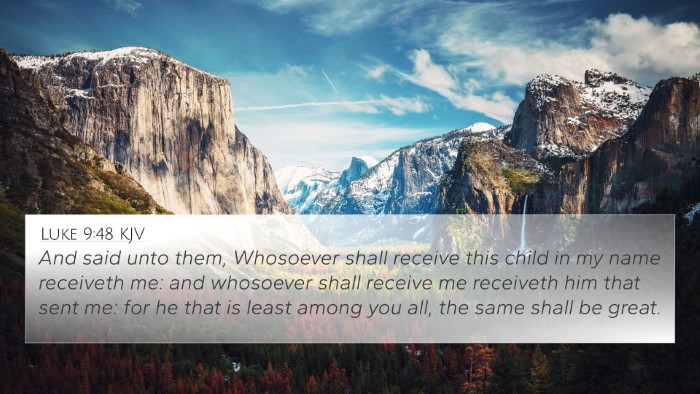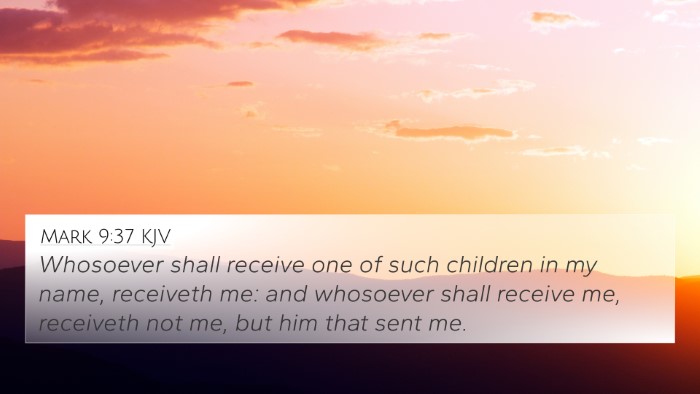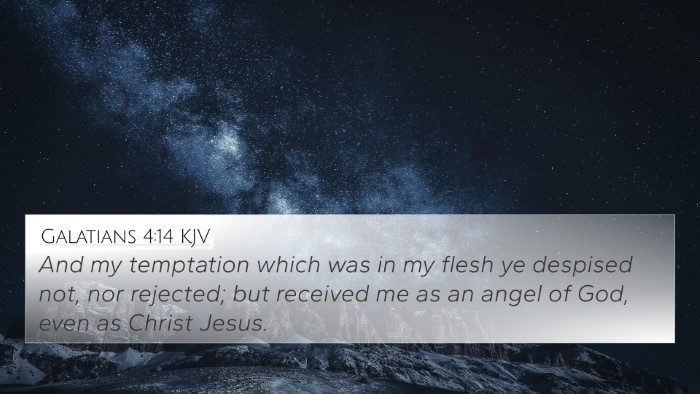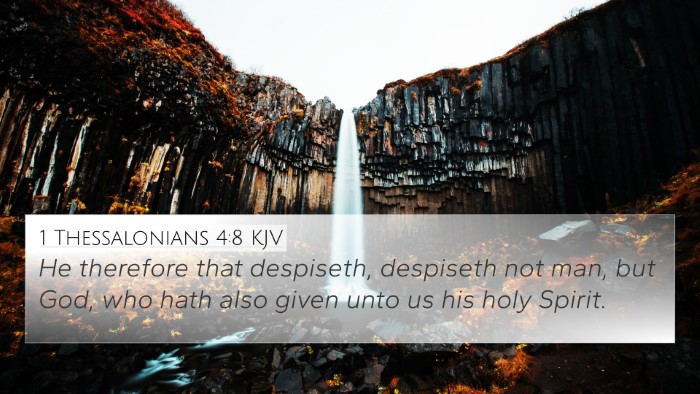Understanding John 13:20
Verse: John 13:20 - "Truly, truly, I say to you, whoever receives the one I send receives me, and whoever receives me receives the one who sent me."
The message conveyed in John 13:20 encompasses deep theological insights regarding the relationship between Jesus, His disciples, and God the Father. This verse offers profound implications for understanding the nature of divine authority and the responsibility of believers.
Exegesis of John 13:20
In this passage, Jesus emphasizes the importance of reception and acceptance. The phrase "whoever receives the one I send" highlights the commission given to His disciples, indicating that their ministry is a continuation of His work. Albert Barnes points out that there is an intimate connection between Jesus and His followers, creating a clear line of authority from the Father through the Son to the disciples.
Matthew Henry elaborates on this by discussing how Christ not only sends His disciples but also connects their reception directly to His own. When someone receives a disciple, they are, in essence, receiving Christ Himself, indicating that the role of believers is to act as Christ's ambassadors on earth.
Theological Implications
Adam Clarke provides insights into the implications of this verse concerning the relationship between Jesus and the Father. The acceptance of Jesus is directly tied to accepting the Father who sent Him, showcasing the unity within the Trinity. The call for believers to recognize this connection invites an understanding of the divine plan of salvation and the role of the Holy Spirit in empowering the church.
Cross-References to John 13:20
- Matthew 10:40: "Anyone who welcomes you welcomes me, and anyone who welcomes me welcomes the one who sent me."
- Luke 10:16: "He who hears you hears me, he who rejects you rejects me. And he who rejects me rejects him who sent me."
- John 7:29: "But I know him, for I come from him, and he sent me."
- John 12:44: "Then Jesus cried out, 'When a man believes in me, he does not believe in me only, but in the one who sent me.'
- John 14:9: "Anyone who has seen me has seen the Father."
- John 17:18: "As you sent me into the world, I have sent them into the world."
- Acts 13:2: "While they were worshiping the Lord and fasting, the Holy Spirit said, 'Set apart for me Barnabas and Saul for the work to which I have called them.'
- 2 Corinthians 5:20: "Therefore, we are ambassadors for Christ, God making his appeal through us."
- 1 Thessalonians 4:8: "Therefore whoever disregards this, disregards not man but God, who gives his Holy Spirit to you."
- 1 John 4:12: "No one has ever seen God; if we love one another, God abides in us and his love is perfected in us."
Connecting Themes in Scripture
John 13:20 serves as a pivotal verse for understanding the theme of divine sending throughout the Bible. This concept links numerous passages that reveal the interconnected nature of God’s revelation through Christ and His followers. The implications found in this verse suggest that rejection of God’s messengers equates to rejection of God Himself, a theme reiterated in many biblical texts.
Furthermore, cross-referencing John 13:20 reveals a rich tapestry of inter-Biblical dialogue that highlights the continuity of God's plan from the Old Testament to the New Testament. Understanding these connections can enrich one's study of the Scriptures, revealing the cohesive story of salvation.
Tools and Methods for Bible Cross-Referencing
Utilizing tools for Bible cross-referencing can enhance the study of verses like John 13:20. Bible concordances offer a systematic way to find connections between verses, while cross-reference guides allow for a comparative Bible verse analysis.
- Bible Concordance: A dictionary that helps locate verses by key words.
- Cross-Reference Bible Study: Methods to explore related themes and connections between different scripture passages.
- Bible Reference Resources: Printed or digital tools designed for easy navigation of scripture connections.
Identifying Connections between Bible Verses
Finding cross-references for specific verses can often illuminate the intended meaning and theological weight of the scriptures. For John 13:20, this process reveals how vital reception is not only in Christ’s time but also in the ongoing mission of the church today.
Questions for Reflection
In studying John 13:20 and its cross-references, one may reflect on the following questions:
- What does it mean to receive a messenger of Christ in today's context?
- How does recognizing the link between Jesus and His disciples help us understand our role as modern believers?
- In what ways can we ensure we are receiving God’s message in the way intended?
Conclusion
John 13:20 encapsulates a profound truth about the relationship between Jesus, His disciples, and God the Father. By examining this verse alongside its related scriptures, we gain richer insights into the dynamics of faith, authority, and divine sending. The interconnectedness of these Biblical texts highlights a unified message that transcends time and calls believers to act as representatives of Christ in the world.











